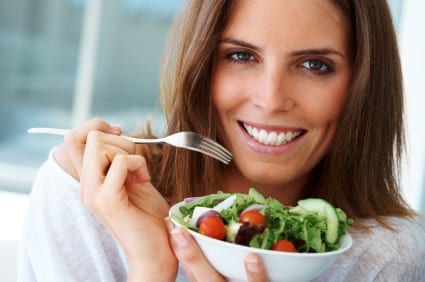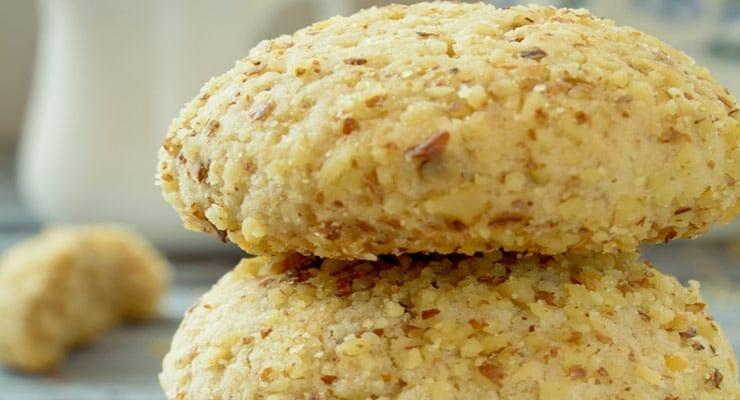Besides stating the obvious on how to conceive, you can also increase your chances by eating the right foods. Your dietary choices can make a difference in your fertility, and the sooner you start eating the right foods and avoiding the wrong ones, the more you increase your chances of getting pregnant. Not only will you be healthier, but so will your baby.
Healthy Foods
Start healthy eating about one to two months before you try to conceive. Eat a balanced diet of fruits, vegetables, whole-wheat grains, yogurt, cheese and milk. To make ovulation more consistent, eat soybeans and tofu because they contain plant compounds called isoflavones that help regulate your reproductive hormones.
Nutrients
Getting the right nutrients is important, and the one that tops the list is folic acid. Folic acid helps prevent neural tube defects, which can lead to spina bifida. Folic acid only works before you get pregnant and during the first trimester. You can get folic acid by eating fortified cereal, lentils, asparagus, spinach, black beans, peanuts, orange juice, broccoli, romaine lettuce and enriched breads and pasta. You can also get folic acid by taking a multivitamin with 400 mcg folic acid or more. Other nutrients to focus on are vitamin C, vitamin E and zinc.
What to Avoid
Get out of party-girl mode and stop drinking, smoking and using illicit drugs. Some of these substances stay in your system for some time, which is why it’s better to quit before you get pregnant. If you continue to drink, smoke and use drugs while you are pregnant, you have a greater chance of having a miscarriage or a premature baby. Too much caffeine is not a good idea, either, because caffeine reduces your ability to absorb iron. And, you need iron when you get pregnant. If you stick to having no more than a cup of coffee a day, you are probably safe.
All About Fish
Fish, particularly salmon and canned tuna, is good for you, but avoid high-mercury fish when you are trying to conceive and during your pregnancy. Mercury accumulates in your body and can harm a baby’s brain development. Shark, swordfish, king mackerel and tilefish are high in mercury. Also, avoid raw oysters.
No Junk Food
Toss the junk food from your pantry. Potato chips, cookies, sodas and fast food don’t contain the nutrients you and your baby need. Consider your weight, too. Your body mass index (BMI) should be between 20 and 30. You can determine yours by using an online BMI calculator like the one the Centers for Disease Control and Prevention uses. If you take medicine, talk to your doctor about how both prescription and over-the-counter medicines may affect your baby.





